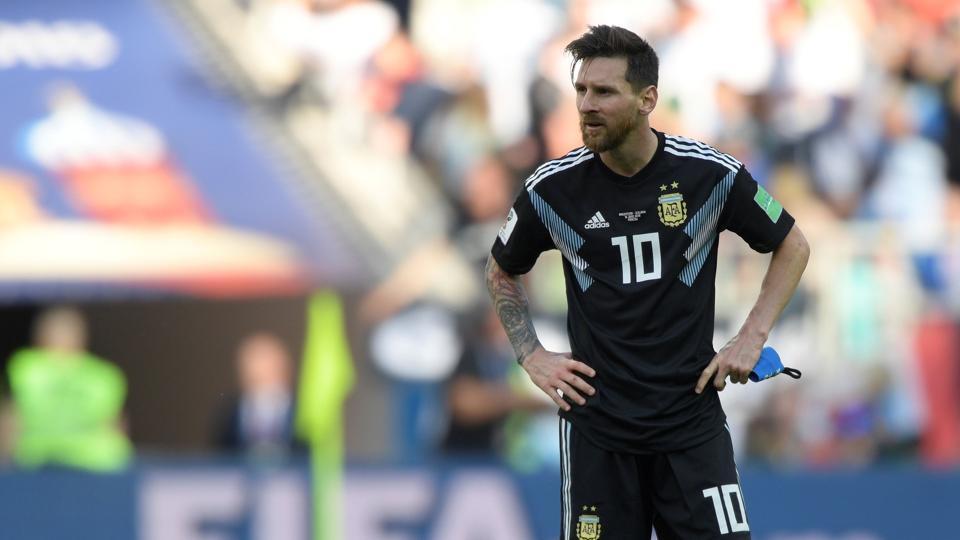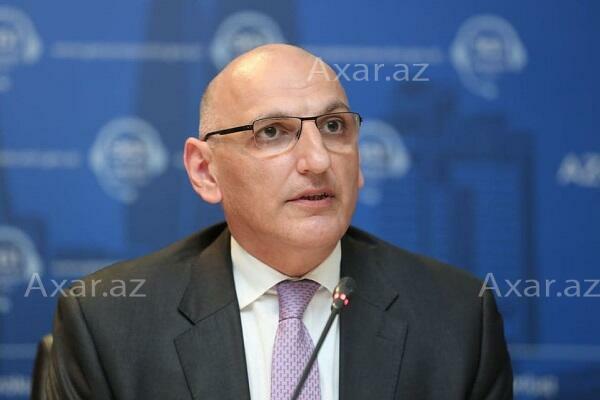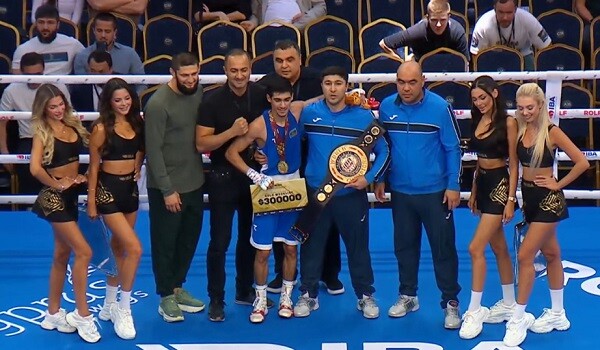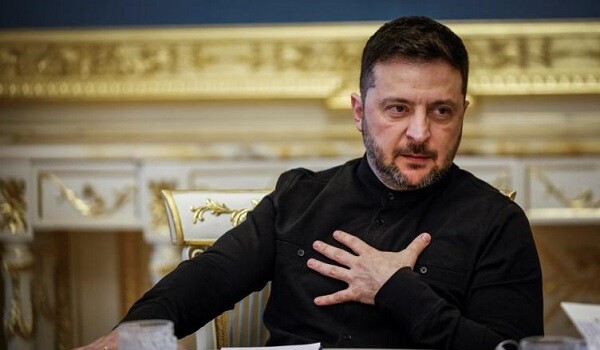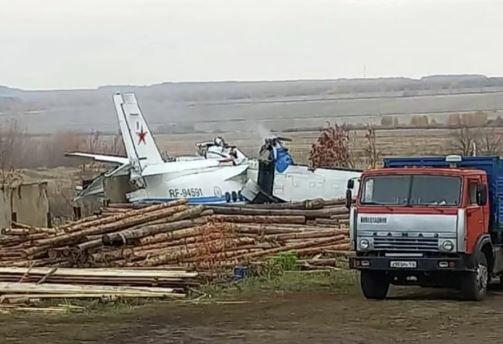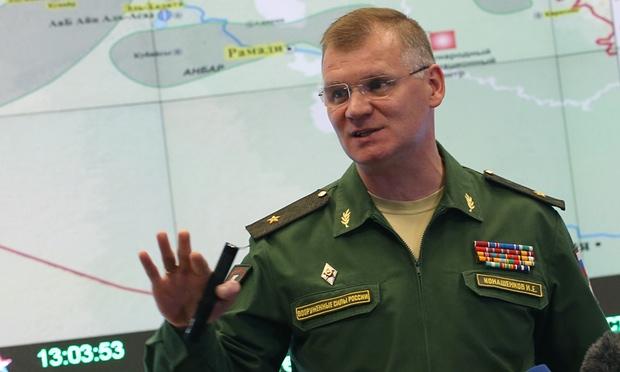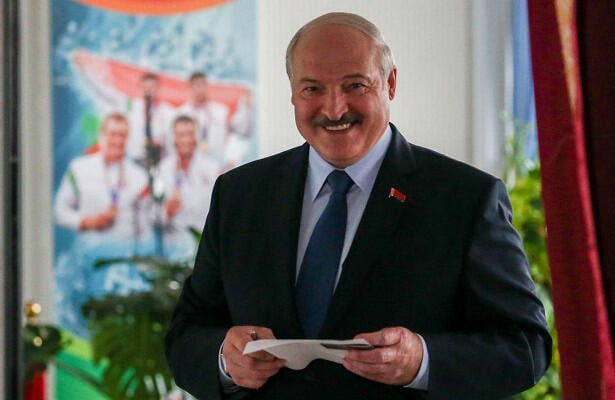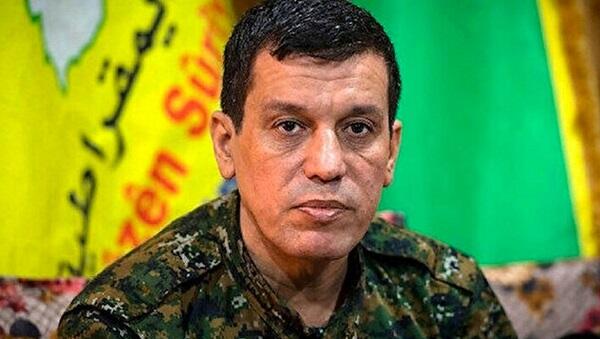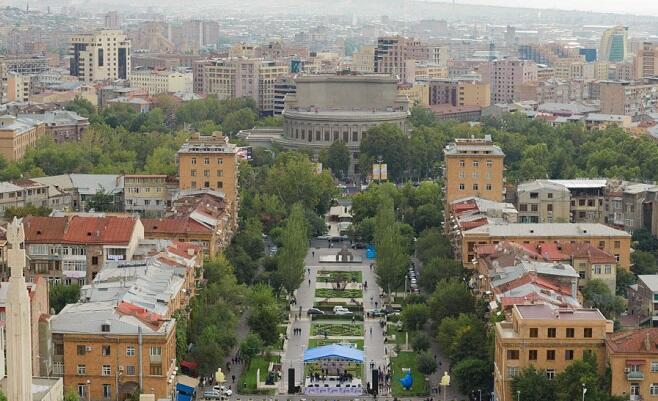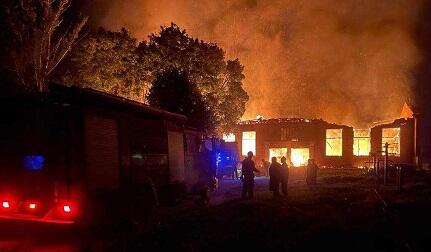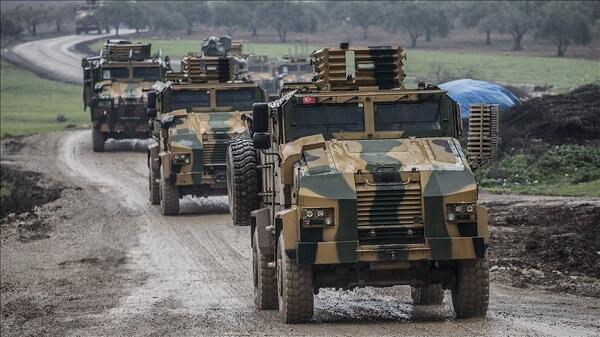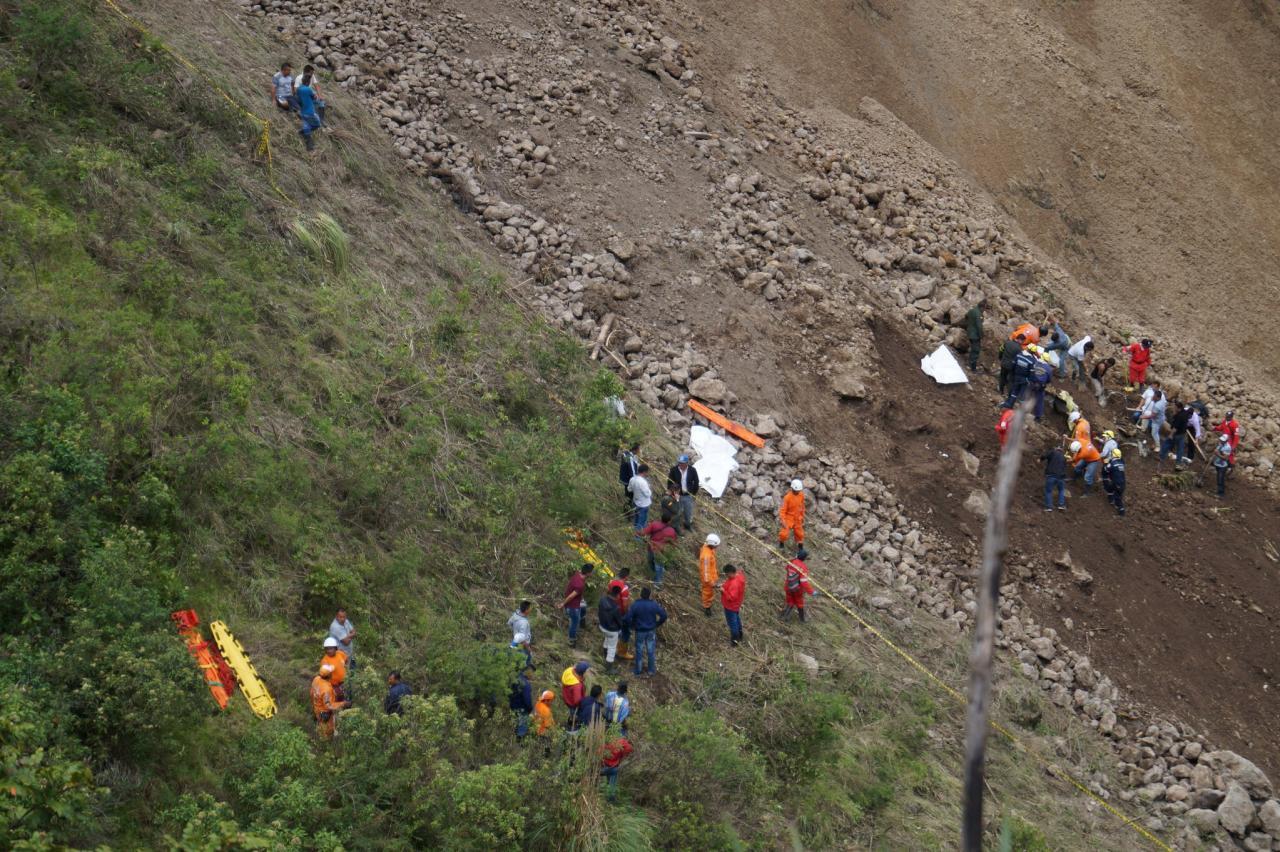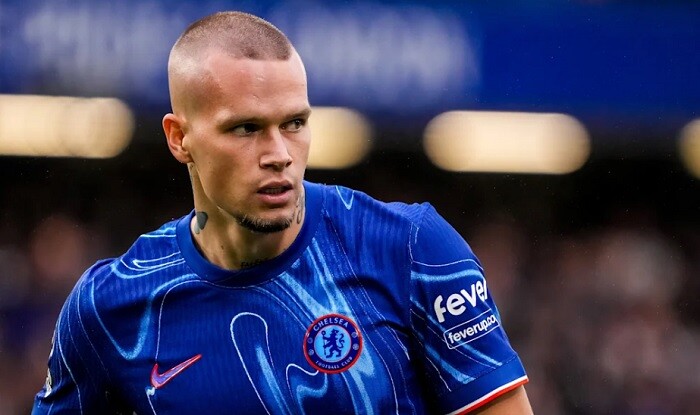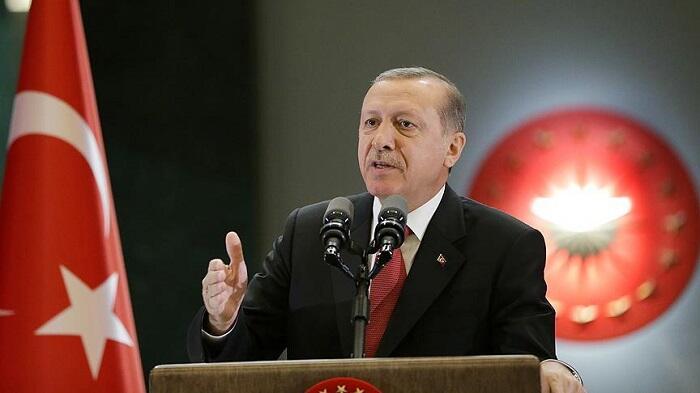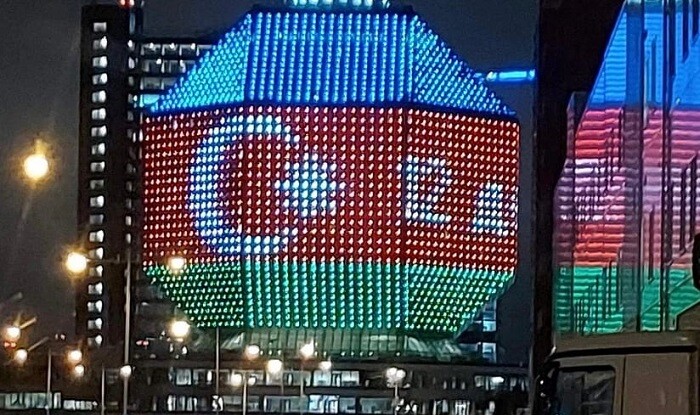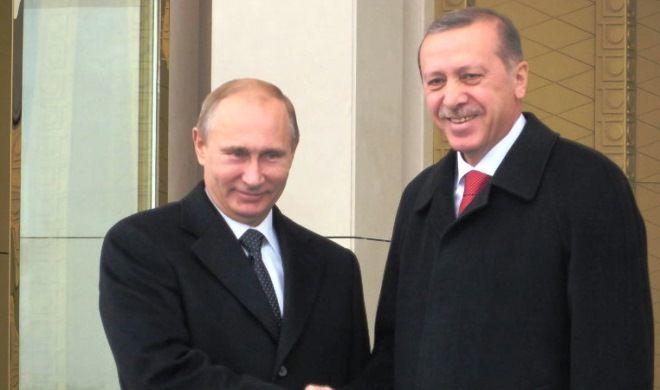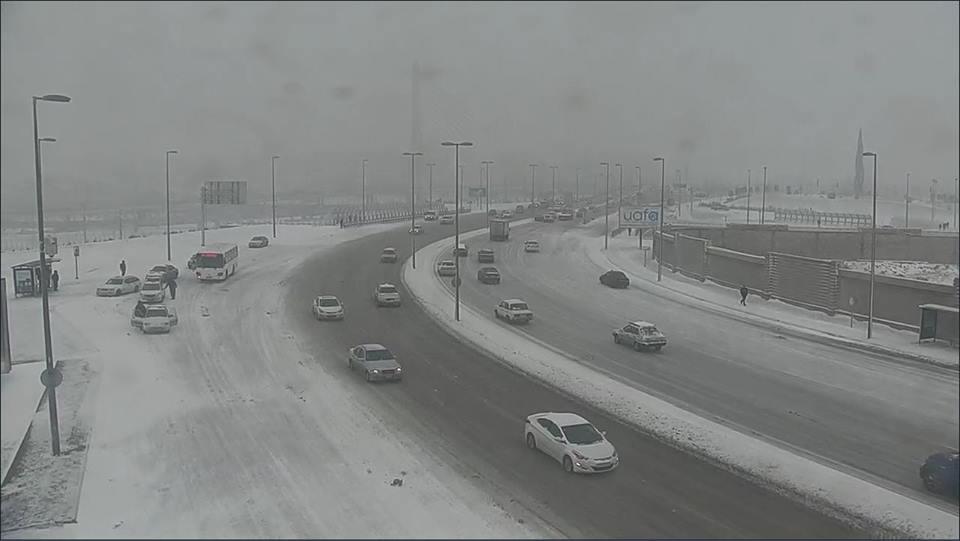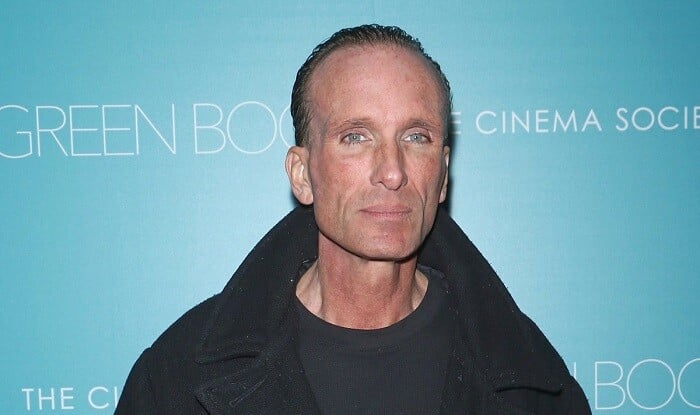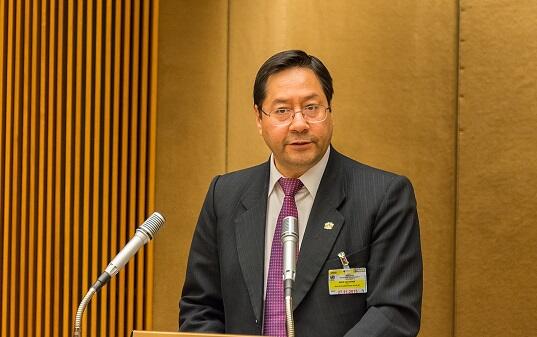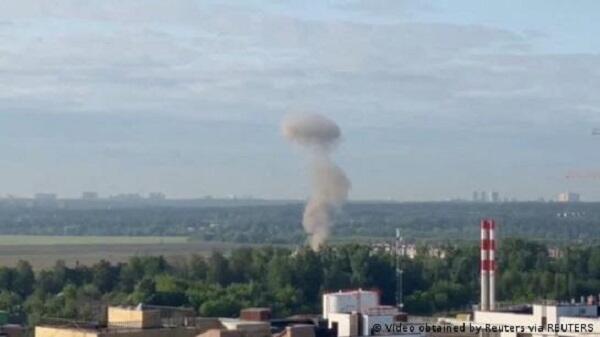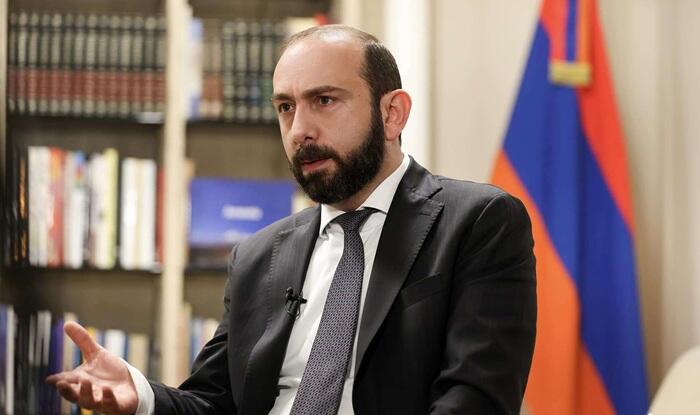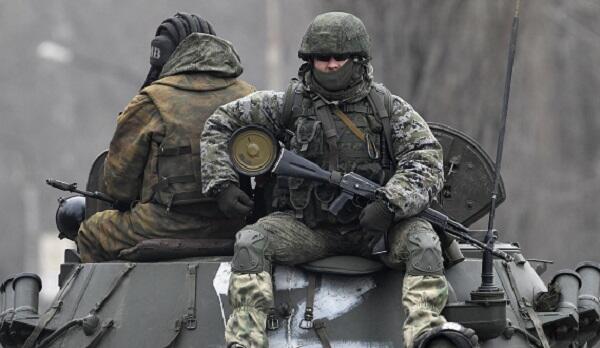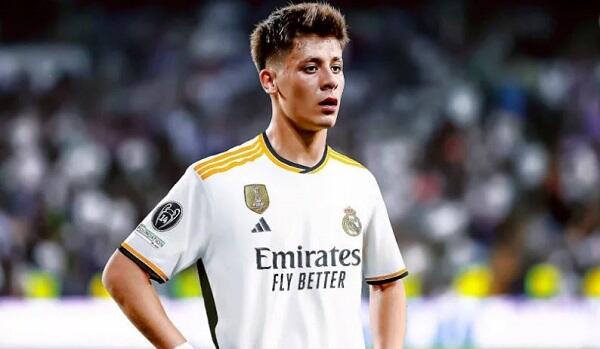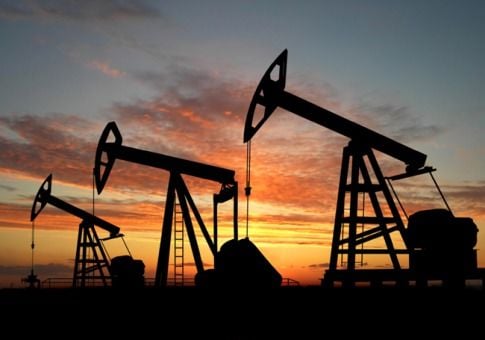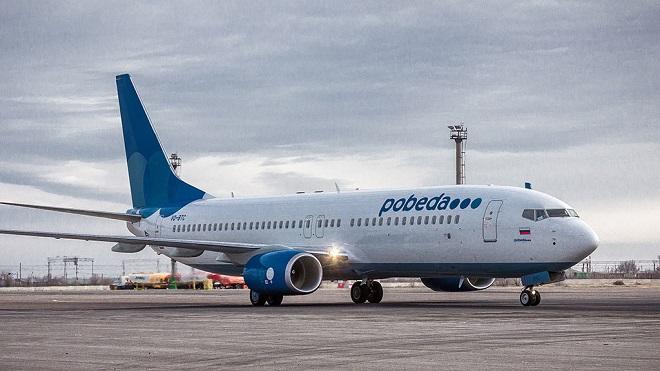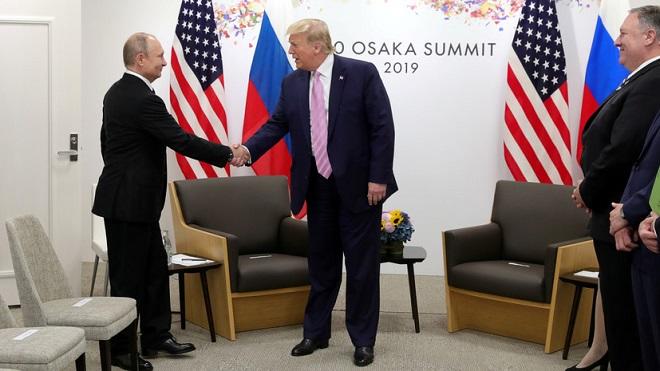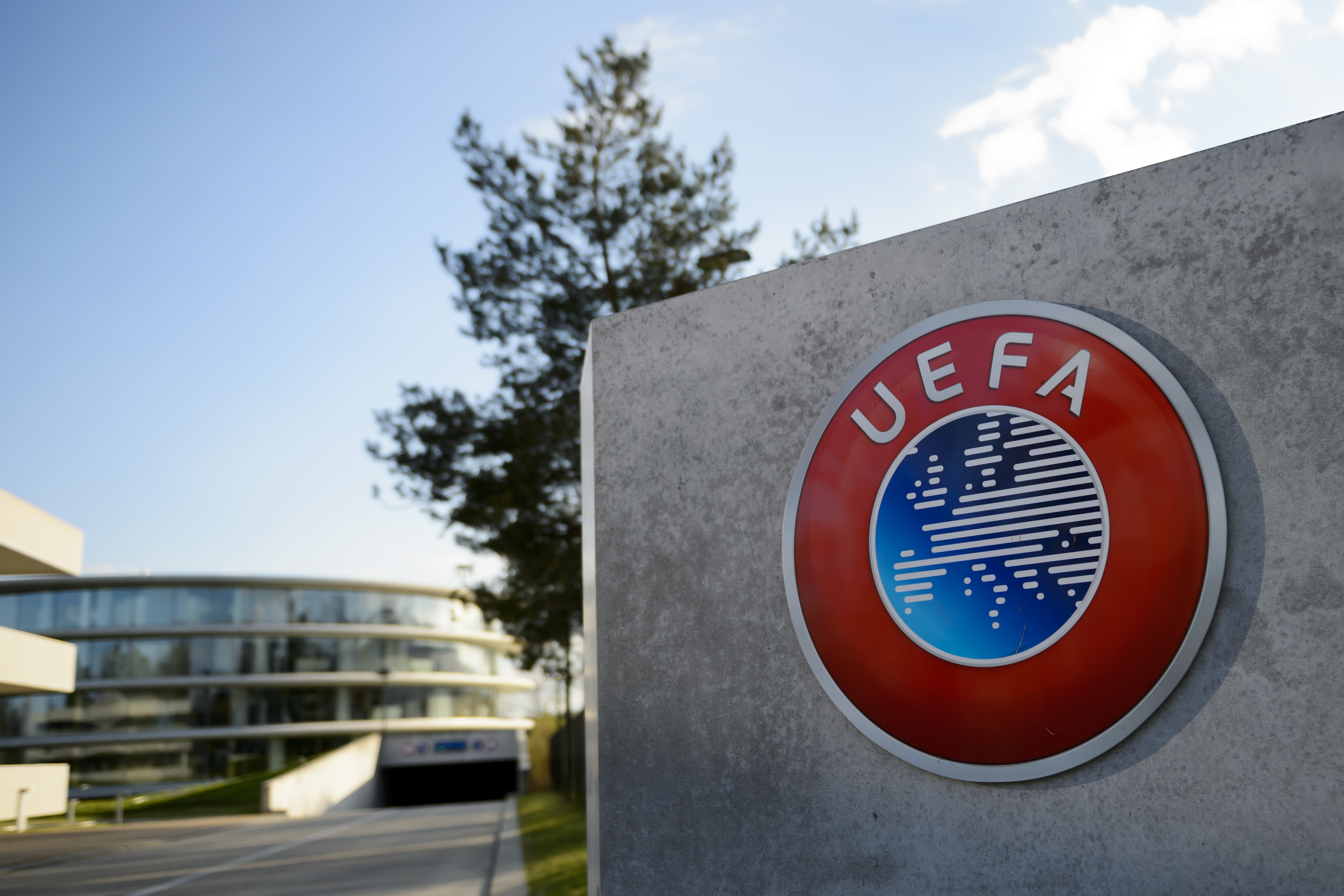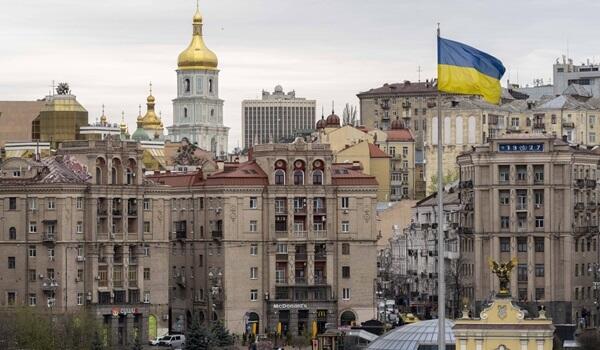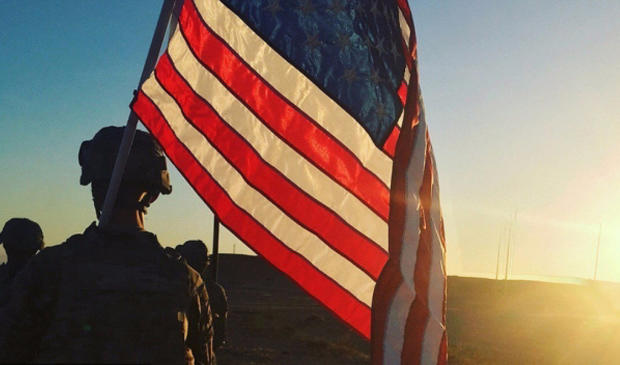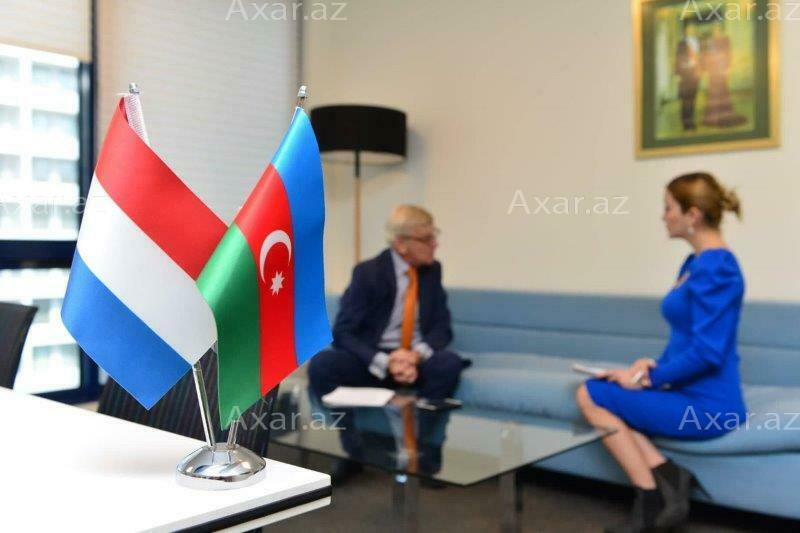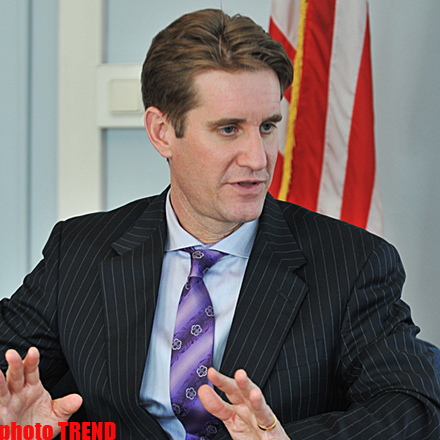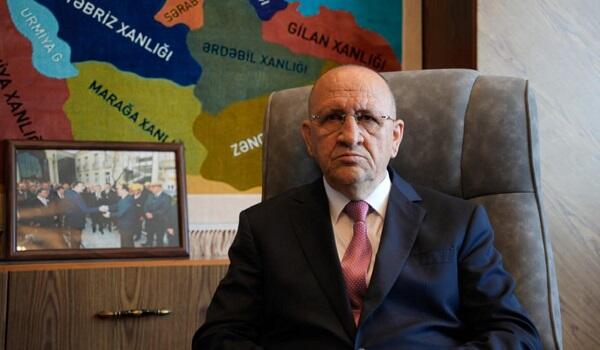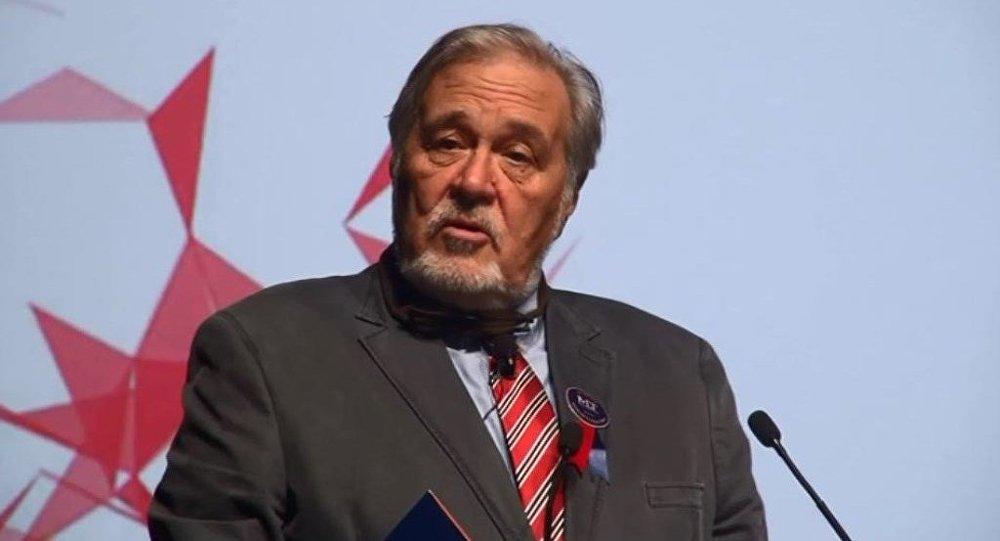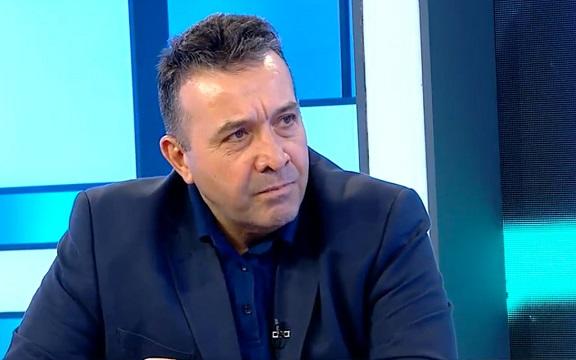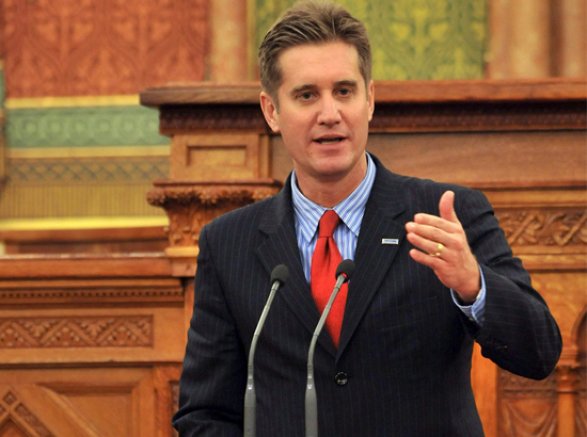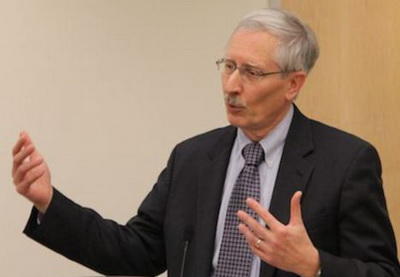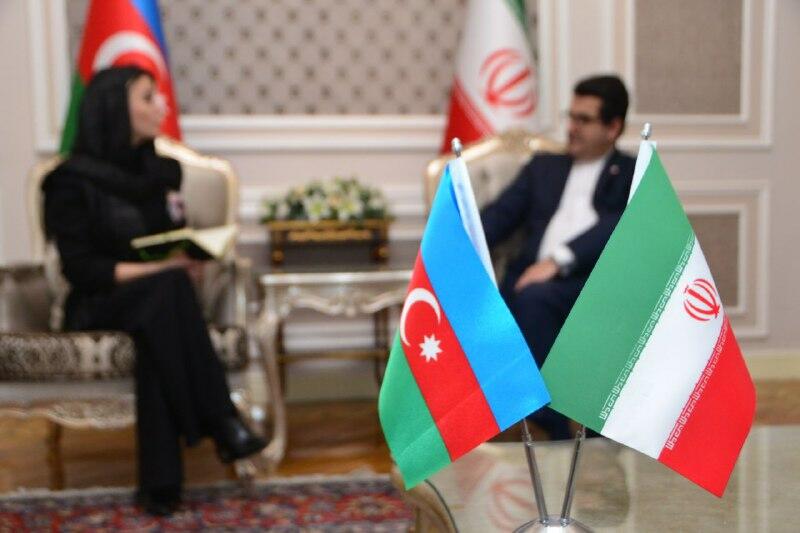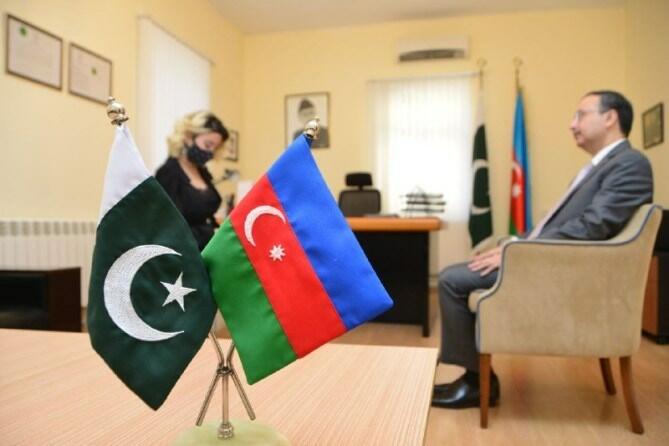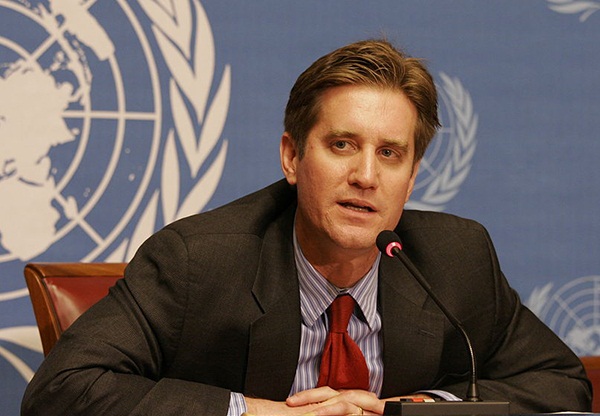Axar.az presents the intherview with Mr Onno Kervers Ambassador of the Netherlands:
– How would you describe the Azerbaijan- Netherlands relationship in three words?
– The three words I would use are: multifaceted, understanding and deepening.
– We are aware of the economic development of the Netherlands, its football, its policies and its membership in the European Union. Can you list the five unknown features of the Netherlands that are not known to most people?
– That was a good question, just because it took me some time to find that out. First of all, I think almost nobody knows that for breakfast many Dutch people eat bread with sweet things on it. We have some sprinkled chocolate, we put that on our bread, this is a tradition and particularly young children eat this. The second point is that not many people know that our national airline – KLM airline - is the oldest airline in the world, this year existing one hundred years. There have not been any airlines that had uninterrupted 100 years of existence. Then, Rotterdam which is the second-largest city and the city where I was born is the second largest port in the world and the largest port in Europe. Another interesting point is that in the Netherlands there are more bicycles than people living there. We have 17 million people living in the Netherlands, but at the same time, we have almost 23 million bicycles. So, more than one bicycle per person. For instance, personally I have four bicycles. Talking about cycling, it's also very interesting that the Dutch people are the most active population in sports in Europe. So, people do a lot of sport in the Netherlands. That`s also a fact that is not very well-known. More than half of the Dutch population is engaged in a sports activity at least once a week. I think that makes five, doesn’t it?
– Netherlands has always attracted tourists from all over the world. Azerbaijani tourists are interested in Netherlands, but despite their interest, visa procedure makes them hesitate. Are there any actions being taken about simplifying visa processes between Netherlands and Azerbaijan?
– Yes, let me tell you about it. First of all, some actions have already been taken and 5 years ago the Visa Facilitation and Readmission Agreement between the EU and Azerbaijan entered into force. And in this agreement, it became easier and cheaper for Azerbaijani people to get a visa to the EU countries. At present, there is a dialogue going on between the EU and Azerbaijani officials on visa issues. First the 2014 Agreement has to be fully implemented, which still needs some time and some actions are required by the Azerbaijani side as well. Then there can be more talks on further visa facilitation. But the discussions and the dialogue on this are on-going and coincidentally next week there is going to be another meeting of this Azerbaijani-EU commission on further steps of visa cooperation.
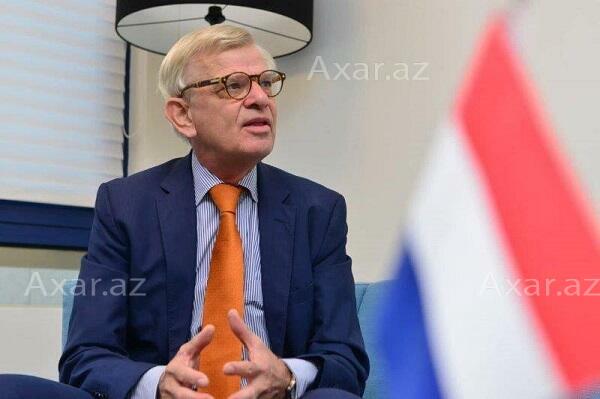
– Mr Ambassador, how can you assess current political and economic relations between Netherlands and Azerbaijan? What were the major achievements between the two countries over 27 years of diplomatic relations?
– Firstly, we should go back to those three words I used to describe the relationship between Azerbaijan and the Netherlands. Because I had used them on purpose. Multifaceted means that there are many different aspects of our relations. It is political, it is economic, cultural, it concerns about human rights, international security. That is multifaceted. And that indicates that we have very intense relations on many aspects of international diplomacy. Understanding is that even if we don`t always have the same position, we understand each other`s position and I think that is very important for having good relations. And of course, indeed that is your question, deepening as well. We have extended diplomatic relations soon after Azerbaijan’s independence since 1991. We established an embassy exactly 10 years ago in 2009. And there have been many achievements in the political fields, on regular political consultations, on the international issues, human rights, international trade and so on. We have very close cooperation in many sectors. We started like many other nations, of course in cooperating in the oil and gas sector which is very obvious in Azerbaijan. But now we are deepening this and particularly are aiming at the field of agriculture which we will discuss a bit later. As we are a founding member of the EU, deepening the relationship between the EU and Azerbaijan is also a part of our foreign policy. We consider it as an important achievement that a first Partnership Agreement was concluded 20 years ago. Right now we are negotiating a new EU Partnership Agreement so I hope that soon we will have another milestone which we also count as being important because it gives a framework for even better relations between the Netherlands and Azerbaijan.
– The Netherlands follows OSCE Minsk Group`s actions. Do you follow the steps taken by the Minsk Group towards the peaceful settlement of the Nagorno-Karabakh conflict? What is your general approach to this?
– First of all, we are following the Minsk Group, but we are not one of the members of the Minsk group. The Minsk Group has three co-chairs, France, Russia and the US. Although we are not part of it, we are following its activities closely and of course support its work. First of all, it is not something new when I say that the Netherlands supports the territorial integrity of Azerbaijan. And from that point of departure, we support the efforts of the Minsk Group to reach a peaceful solution for the Nagorno Karabakh conflict. We think that recent developments are positive, there have been contacts between the heads of the states, your president and Armenian PM Pashinyan, and between the two ministers of Foreign Affairs. There has been talking about preparing both nations for peace which I find very important, peace has to be carried by both populations, so hopefully agreement can be found on for instance freeing prisoners, exchange of journalists for getting to know each country better. We certainly support all of these efforts directed to the peaceful solution of the conflict.
– Some journalists, public figures and politicians visit Nagorno-Karabakh without the permission of Azerbaijan. This includes individuals from the Netherlands. Does the Dutch government plan to take any action to prevent such cases?
– Yes we take action in a certain meaning: as Ministry of Foreign Affairs we give worldwide travel advice. There is a website where people traveling to certain countries can see what the advice of the Foreign Affairs Ministry is. Now, if you look at the travel advice for Azerbaijan, the Nagorno Karabakh area, and the surrounding occupied Azerbaijani areas are determined to be “red”, meaning there is negative advice, don’t travel there! So we tell the Dutch people that you shouldn`t travel to Nagorno Karabakh. And we indicate that if you are there and you get into trouble, there is no way we can give you any assistance as there is no Dutch embassy which can do anything for people travelling there. Having said that, if people want to travel there, there is very little we can do about it. But we take these measures to warn them about the consequences.
– The Netherlands is the world's second largest food exporter and has the most developed agricultural sector in the world. Do you share this experience of yours with Azerbaijan? Do you have any joint projects with Baku for the development of agriculture in Azerbaijan?
– Yes. As I indicated earlier since a number of years we are in the non-oil sector concentrating on agricultural cooperation. There are two reasons. First of them is the Azerbaijani policy of diversification of its economy, agriculture is one of the top priorities. Secondly, as you indicated by your question, we have quite a developed agricultural sector that is not only related to trade and economy, but also aims to develop knowledge and innovation , through one of the best agricultural universities in the world - Wageningen. So because of this link between Azerbaijani economic policy and our agricultural experience, we try to cooperate as closely as possible in this sector. For instance there is a project which is supported by the research of the Wageningen University to develop a Pilot Farm in Azerbaijan with Dutch experts, training Azerbaijani farmers how we look at the agriculture, such as water management, specific kinds of crops, applying of specific technology, the issue of fertilizers – everything. So, that is very interesting project which we hope could showcase our experience here in Azerbaijan. And very soon we will have a short but a special activity on Tuesday, the 12th of November. We will have a one day seminar which we organized together with the Azerbaijani Ministry of Agriculture on “Sustainable Agriculture for Producing Healthy Food”. Sustainable agriculture is a very interesting and necessary topic, because we want to endanger the environment as little as we can in our agricultural activities.
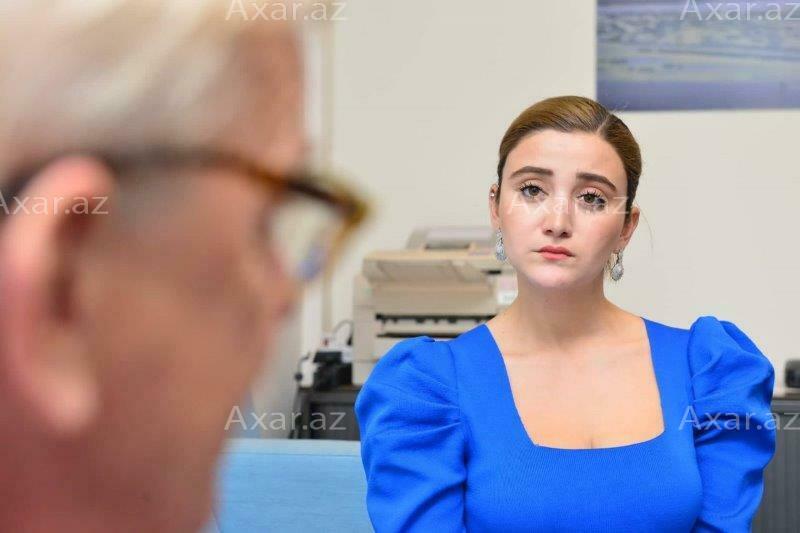
– To my knowledge you play an active role in the cultural and social fields in Baku. What do you think which steps should be taken in order to strengthen cultural and social ties between Azerbaijan and Netherlands?
– Yes, I think culture is important. Because culture builds bridges and many people in my country don`t have much information about Azerbaijan. At the same time, many people in Azerbaijan are less informed about the Netherlands. By showing our culture we hope in Azerbaijan you better understand what happens in our country, what our experience, our history, our music and our art is, which will bring people more closely together. So we try to do a lot of cultural activities here - as many as my limited budget can afford. We participated in the Baku Jazz festival, Baku – the capital of Jazz – of this part of the world. The Netherlands has a big jazz tradition, because we have many different cultures in the Netherlands from Africa, from the US. By a multicultural approach to the music we show you can have more interesting and more diverse music. We cooperate with films for instance on gender issues and we have also contributed to photo exhibitions. For example last year – for the EU culture heritage festival “Fantazia” we shared how in the EU it is important to preserve our cultural heritage, as a way for people to be able to identify with your country or with this city – Baku, and its history, and its people. Preservation of cultural heritage is very important, for maintaining that identity. I think apart from these projects, I would hope that your embassy in Hague would also organise new cultural projects, as in the past the Azerbaijani embassy organised cultural events with for instance Azerbaijani classical music. People to people contacts also play a role in strengthening this cultural cooperation. We talked about the visa issue. Of course, the other way around we would like to get more European tourists and visitors to Azerbaijan. For that it will be important to conclude an aviation agreement with the EU. So, then more airlines can come directly to Baku. Because, for instance, from Amsterdam, there is no direct flight. Flying to Azerbaijan is long, complicated and expensive for Dutch people, because, then they have to go via Frankfurt, Kyiv or Istanbul. But if there would be direct flights, there would be better conditions to create more contacts and it would make cultural cooperation easier for both sides.
– How do you see Azerbaijan’s role in the region involving in the next few years?
– Though Azerbaijan is a relatively small country among big neighbours competing for influence in the region, I think Azerbaijan is very important for stability in the region. It’s a kind of region where there are issues. So, a stable Azerbaijan that provides energy security through the Southern Gas corridor can be an advantage for stability not only in the region but also in Europe. As we said before, we hoped this stability can be increased through a peaceful solution for the Nagorno Karabakh conflict. We are cooperating on issues like counter-extremism and counter-terrorism which are also important issues for stability and where Azerbaijan can have an important role in the region. Also in the region there developments related to Iran, such as US sanctions, and the position of Azerbaijan is also important in that respect. So, in short, I believe that we can cooperate more with Azerbaijan not only for the benefit of regional stability but also for economic development, both in the Southern Caucasus and in Europe.
– Your diplomatic mission started in Azerbaijan in 2016, September. Since then what`s been your most valuable memory in Azerbaijan?
– Actually, there are many, but I selected three of them. One of the interesting activities was when we held Caspian Agro - Agricultural Fair at the beginning of this year was very successful. Because we had more than 20 Dutch companies, confirming our role to connect companies with Azerbaijan. That was a very rewarding activity, and on top of that your president visited our stand. He was very interested in our companies, in our technical knowledge and in the cooperation which we just discussed. Secondly, at the beginning of the year I went to the South of Azerbaijan with Dutch and young Azerbaijani photographers to document the people living in the Talish mountains near the Iranian border. I was impressed very much. These are people who live in rural areas, in more simple circumstances, but they are very open and friendly people. They knew that we wanted to document the original way that they live as photographers. They shared everything with us. We could sleep there; they shared their food, their stories with us. So, I found that very rewarding to go to parts that are different from Baku. These very nice and open people showed that there is cultural diversity in Azerbaijan, an important issue for the Netherlands. Thirdly, I would like to mention an activity in the framework of a football project for girls (the UNICEF project we will talk about later). Recently, on the occasion of the International Day of the Girls on the 10th of October, we had Dutch women football players coming over to do masterclasses and training. I found that event very warming, there was so much enthusiasm for playing football by girls ranging from 7 till 17 years. The same goes for involvement of some mentally handicapped girls for whom football was very important.
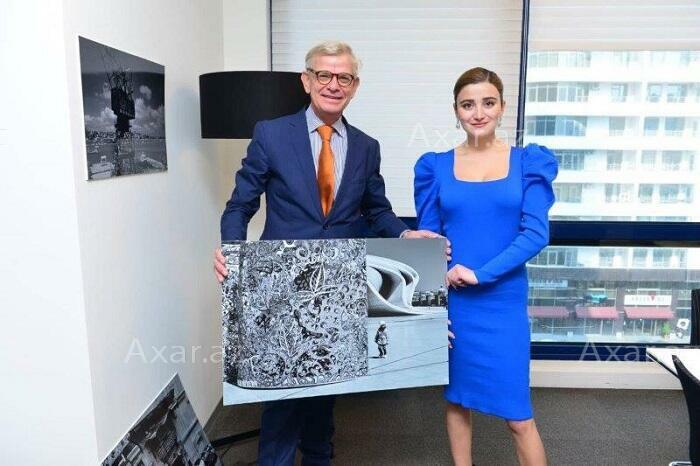
– I am aware of this you are a very talented photographer. What made you interested in diplomacy?
– Well, I must confess that I never considered a career in photography. Because, even if you take decent photos (which I have been trying to do all my life) it's very difficult to get to the top and make a good living from it. It`s a bit like playing tennis. Everybody can play some tennis. But very few people perform at the level of Djokovich or Federer. And how did I come to diplomacy? It`s rather simple. I studied law and after my bachelor's, I concentrated on international law. And I found international law very fascinating. As a young kid, I had already travelled in Europe, to France, Belgium, and Norway. So I found international contacts and international relations very interesting. After my studies, I started teaching international law for a short period. But after two years I realized that this was all too theoretical for me. It`s nice to have international law in books, but I wanted to see how international relations are in practice. Well, as a diplomat you work abroad, you deal with many facets of international relations not just with international law, but also economic relations, cultural relations. So, that caused me to apply for the front.
– I know that the embassy and you personally have been active supporters of the Girls Can campaign with AFFA and UNICEF and promoting sports for girls in Azerbaijan. Why is this issue so important to you?
– They are important, because the policy of Netherlands on human rights concentrates on a number of issues – freedom of expression, but also very much on equal rights for girls and women. In our international cooperation with the UN and individual countries like Azerbaijan we emphasize the issue of promoting equal rights. The other element is that you can say something ten times, but nothing may change. So we also believe that if you have this principle that “you should put your money where your mouth is” and look for concrete activities by which you can promote equality of young girls and women. I met with the head of UNICEF, I had heard that they were planning such projects then I said, yes, this is really interesting. And that`s how this project came about. It is real cooperation, as we see how this issue is approached both in Azerbaijan and in the Netherlands . Because we can always learn from each other.
– Beyond sports opportunities, how did this work help girls’ confidence and protection from abuse or violence?
– Yeah, I think that`s very important because girls engaged in an activity such as football get opportunities and, as I have seen both here in Baku and also Mingachevir early in this year, this goes for girls from all layers of society. You unite them, you give them a certain activity and motivation. You take them out of their environment where sometimes - as you said – there can be domestic violence or less equality for young girls. And so they find it very supporting, they see a different world, they talk to different girls, they can communicate with each other, can discuss problems, they can find support for each other if they suffer at home. In that sense, it is more than sport, it is a social activity connecting girls from different layers of society. Among themselves these girls can share issues such as domestic violence more liberally and they can find very important mutual support.
– You are a big fan of Netherlands national team. Who do you think will be the young talent of Netherlands in the future?
– My counter-question will be, which team do you think of, the women or the men? Presently the women`s team achieved better than the men`s. They are vice-World Champions after unfortunately losing the final last summer against the USA. But if you concentrate on the men, we have a lot of talents. I would like to mention three players in our national team who are already professional players, but they are very young. We have Mathis De Light who is 20 years old, he went from Ajax to Juventus, so he is already an international star, but if you are 20 and talented you can always improve. We have Frankie De Jong. He is only 22, he went from Ajax to Barcelona and he is also very talented. We have Donyell Malen - a player from PSV Eindhoven, who has just joined the international team, is 20 years old and his future looks very bright.
